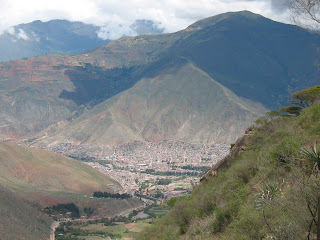Out of the two articles assigned for this week, I found Keesing’s assessment of the term “culture” much more compelling than Williams’ article. However, I think this is largely a result of the historical context of each article. I’m a little confused about the date of publication of the first article, but I think it was written in the late 1950’s to early 1960’s. This would explain the author’s fixation with Marxism and his constant juxtaposition of working-class culture with elite culture in England. When this article is viewed in a historical context, I find Williams’ criticism of “culture” fairly compelling, yet there seem to be some elements of hypocrisy. Primarily in the author’s initial description of the “teashop” and its association with an elevated “cultivated people.” Here, Williams is describing a frustration with the use of the term “culture” in parallel to the term “cultivated” and therefore “educated” (translation: elite). After explaining his rejection of the term “culture” in this context, he goes on to describe a vision of English culture to which everyone contributes and where cultural meanings are negotiated. However, the author also refers to a new and “cheapened” version of culture which he links to advertising in mass media. This type of culture the author proposes to replace with a better, more developed culture of the future. I find that Williams’ allegations that popular culture as represented by the mass media is a low and cheapened culture to be akin to the elitism of the teashop use of “culture.” It seems to me that the author holds some nostalgia for his former days as a boy in rural England and the type of “culture” he saw in this setting and this is (in some fashion) is what he would like to impose upon the “new” developing culture of the time.
In reference to Keesing’s article, I agree for the most part that anthropology has been centered around a quest for the “Other” and an emphasis on difference. Honestly, I don’t have much to say other than that! I’ve read a lot of similiar articles in Latin American Studies concerning anthropology and the exoticizing of non-western cultures so I suppose that this article doesn’t propose much that is new information for me.
Sorry I don’t have more to contribute!


